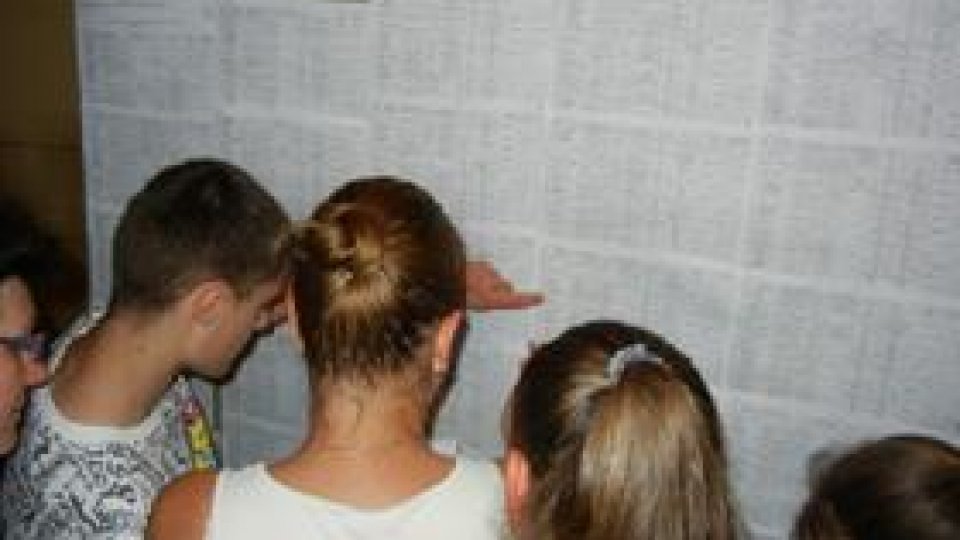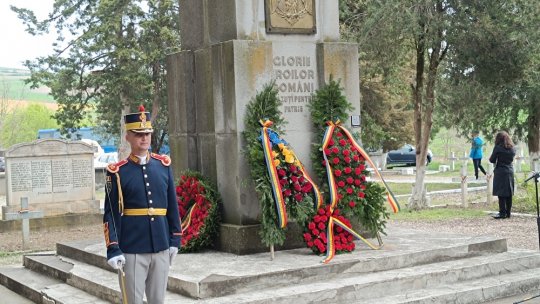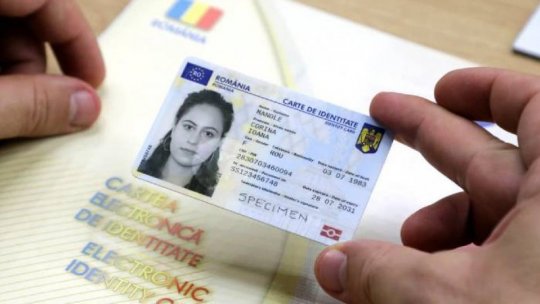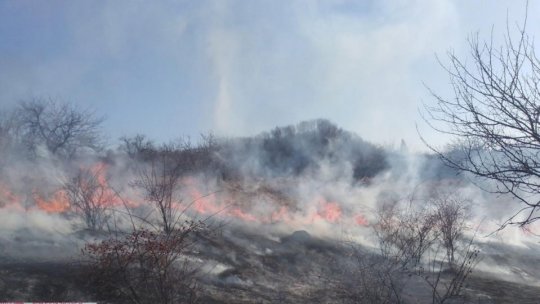The 2014 baccalaureate
The summer session of the 2014 baccalaureate exam has just ended in Romania.

Articol de Radio România Internaţional, 08 Iulie 2014, 09:25
Almost 60% of high school graduates in Romania passed the first session of the baccalaureate exam in Romania, 3% more than last year.
The education minister Marius Pricopie congratulated the pupils who passed the exam and encouraged those who haven’t to study harder for the following sessions and have confidence that they will pass.
Out of the 161,000 high school graduates who registered for this examination, over 150,000 actually turned up for the tests.
Of those who passed the exam, over 25,000 were marked between 8 and 8.99.
Only 62 pupils from all of Romania got the highest score, which is 10, for all tests making up the baccalaureate exam, less than in 2013, when 122 pupils were marked 10.
No one from Bucharest is on the list of pupils with the highest score, although the capital city boasts the best high schools in terms of admission grades.
Like every year, a number of irregularities have again been reported.
A school inspector from Arad, in the west, who is accused of receiving money to help pupils pass their exams, is in house arrest for 30 days.
Apart from this isolated case identified by prosecutors before the baccalaureate started, most exams took place without major incidents.
Some pupils who tried to cheat were eliminated from the exam room and will not be able to take their baccalaureate exam for another two sessions.
Teachers say the exam subjects were very difficult and complex, so the marks are not very high.
The final results will be published on the 11th of July, giving pupils the chance to appeal their marks and have their papers reexamined.
In another move, although the government believes things are going well in education, president Traian Basescu is unhappy with the situation.
He called on the Ombudsman to refer to the Constitutional Court an emergency ordinance that introduces new measures in the field of education and scientific research. In a public letter, the president says the ordinance leads to a series of legislative changes with a strong negative impact on both pre-university and university education.
The examples given include the possibility to hold a special baccalaureate exam, changes concerning university and doctoral programmes and regulations concerning the establishment of private universities by natural persons.
Traian Basescu also believes the government violated the constitutional rules for issuing emergency ordinances and disregarded the right to education and private property.
He pointed out that ordinances can only be adopted in extraordinary situations and cannot alter the regime of state institutions and the rights, liberties and obligations provided for by the country’s constitution.









